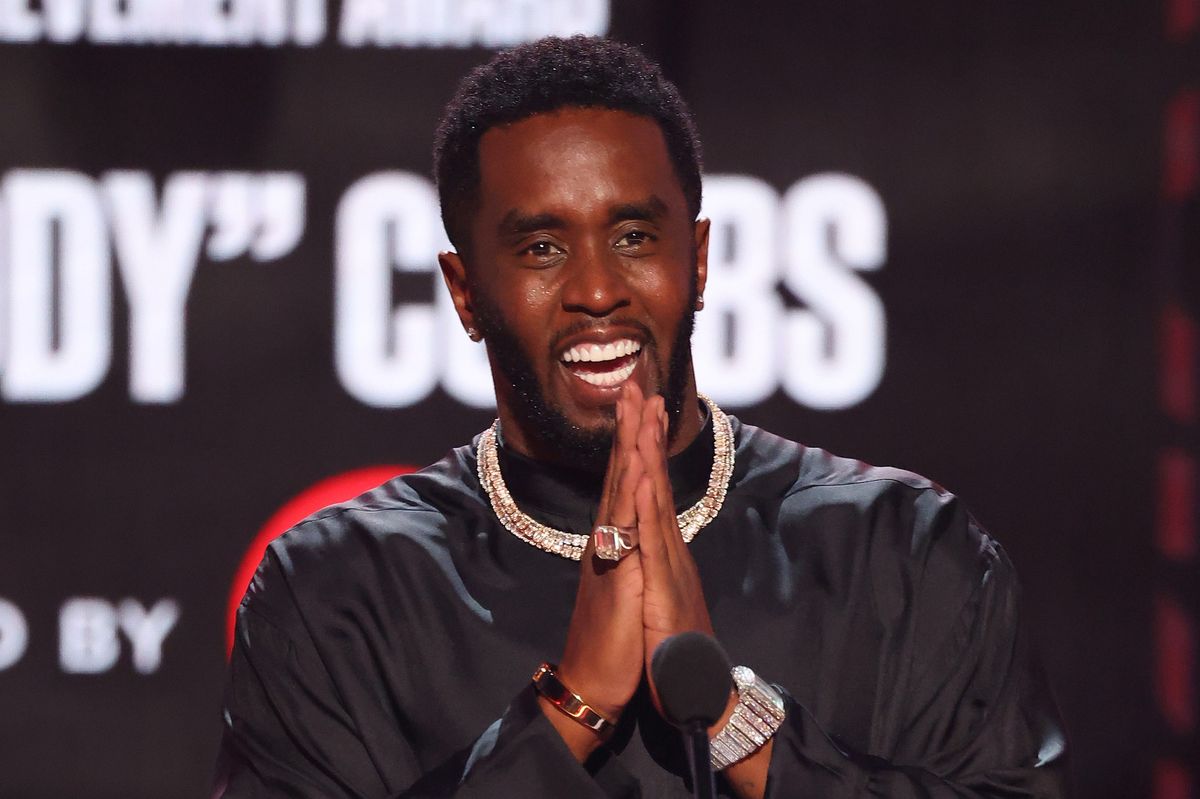
Diddy
Photo Credit Leon Bennett/Getty Images for BET

Sean “Diddy” Combsis exploring options to buy a majority stake of BET Media Group, according to Variety.
This report comes about a week after it was reported that Tyler Perry and Byron Allen have also explored options to buy the asset from Paramount Global.
According to Variety, Combs, who already owns Revolt, has a broader strategy of building a "Black-owned global media powerhouse.'' In fact, according to sources, the driving factor behind the movie is making sure BET is Black-owned. The source said Diddy thinks BET being Black-owned is “better for the business, for the culture and for building wealth in the Black community.”
With that being said, talks still seem to be premature. According to Variety's sources, Paramount has not had any offical talks with anyone yet.
Combs launched Revolt back in 2013. According to Variety, Revolt roughly has a reach of about 80 million. It also has helped launch a number of properties, including Drink Champs, Revolt Black News, Kingdom Culture With T.D. Jakes, and Caresha Please.
Diddy's fiercest competitor will most likely come from Perry who is already a minority stake holder of the company. The billionaire first established a partnership with BET in 2005, when his debut theatrical film, Diary of a Mad Black Woman, was funded by the multimedia company. In addition to Madea plays, Perry’s shows including House of Payne, Sistas, The Oval, Ruthless, Zatima, and Assisted Living are all available on BET and BET+.
BET was once Black-owned. It was launched by Robert L. Johnson in 1979. The asset was eventually sold to Viacom in 2001.